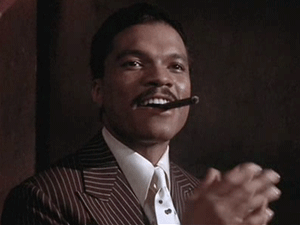I can see your point. It’s much cleaner to go with the magic words than to try to interpret intent.Totally disagree.
Point in case is where player 1 does not have enough chips for player 2 to make a valid wager using that criteria; as always, the actual number of player 1 chips is irrelevant to the size of player 2's bet amount.
Player 2 said the magical words, 'all-in'. Done deal. Verbal actions are binding, even when stupidly constructed.
Suppose he said “I bet everything you’ve got” and then the guy immediately folded and then mr big stack immediately called - what then?

